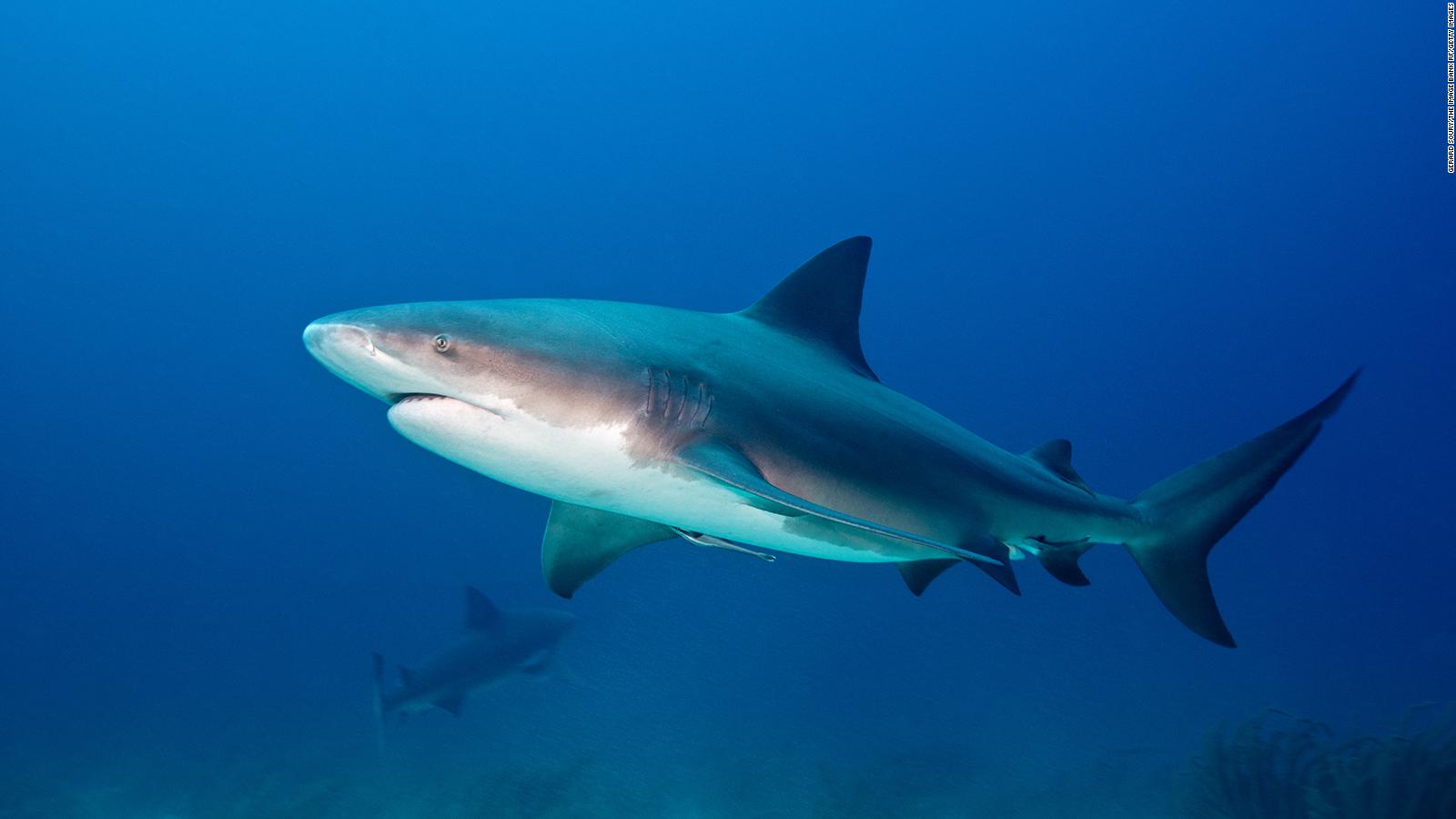(CNN) — It's not just ocean heat that affects marine life: a new study has revealed the emergence of extreme cold phenomena that have caused mass deaths. It is also possible that the same pollution that is warming the planet and leading to the climate crisis is responsible for these “killer events” at the other end of the temperature spectrum.
The world's oceans suffered unprecedented heat last year, raising concerns about marine life. Billions of crabs have disappeared in the North Pacific; Sea lions are washed up and dolphins are sick. Coral reefs are undergoing extensive bleaching.
But even as ocean temperatures rise, extreme cold current events (when strong winds and ocean currents bring pockets of cold water to the surface, replacing warmer water that was there) are also becoming more frequent and intense, threatening marine life, according to the Stady Published Monday in the journal Nature Climate Change.
“Climate change is really complex,” said Nicholas Lubitz, lead author of the study and a researcher at James Cook University in Queensland, Australia. “It's not just that the planet is warming, it's changing the way our oceans work.”
When Lubitz heard reports of marine animals such as sharks, rays and squid washing up dead off the southeastern coast of South Africa in March 2021, he began an investigation. More than 260 marine animals from 81 different species died in this extreme event.
Lubitz explained that seasonal events of this type are common in that area, and the water temperature drops quickly. However, he explained that what happened in March 2021 was “a very extreme event, because we had very warm water before it happened.”
“Then the winds changed and the currents started to change a little, which is seasonal,” he added. “Then suddenly, within 24 hours, the temperature dropped by 11 degrees.”
Researchers analyzed deadly upwelling events in the Indian Ocean's Agulhas Current and the East Australian Current, using 41 years of sea surface temperature data and 33 years of wind records to see how extreme the ocean cold was.
“We are seeing changes in the frequency and intensity of the current, which may affect fishing communities in these areas,” he said. “It's really an economic issue as well as a biodiversity issue.”
According to the study, the lethality of a cold event is likely related to how quickly the temperature drops. If a cold event lasts several days, which it frequently does, research shows that marine animals, including turtles and many fish species, can suffer hypothermia, physiological malfunction or eventually die.
In a different study, Lubitz had actually tagged bull sharks electronically with a GPS transmitter, which also recorded the depth and temperature of the part of the ocean they swam toward.
“That was really the key to this study, as we were able to figure out when sharks migrate,” he said. “We were able to see how temperatures changed and how sharks swam in shallow water when they were in outbreak areas because they were trying to avoid the cold water at depth.”
Ajit Subramaniam, a research professor at UBC's Lamont-Doherty Earth Observatory, said the findings provide a “very plausible explanation” for many unexpected marine mortality events witnessed by people around the world.
“It's one of those unexpected findings, and it's not something we talk about a lot,” Subramaniam, who was not involved in the study, told CNN. “It is therefore time to remind ourselves that the climate crisis works both ways.”

“Proud web fanatic. Subtly charming twitter geek. Reader. Internet trailblazer. Music buff.”

:quality(85)/cloudfront-us-east-1.images.arcpublishing.com/infobae/TEQF6EONZRFGLLLDIDD4L2O4EE.jpg)

:quality(75)/cloudfront-us-east-1.images.arcpublishing.com/elcomercio/XU32LRAEZFDDPNVHLFU3CKVBYY.jpg)



More Stories
How to create 3D videos with my iPhone, it will be very useful even for your business
NASA discovers an anomaly in the Earth’s magnetic field that could have serious consequences for humans
Can the Earth be divided into two parts?